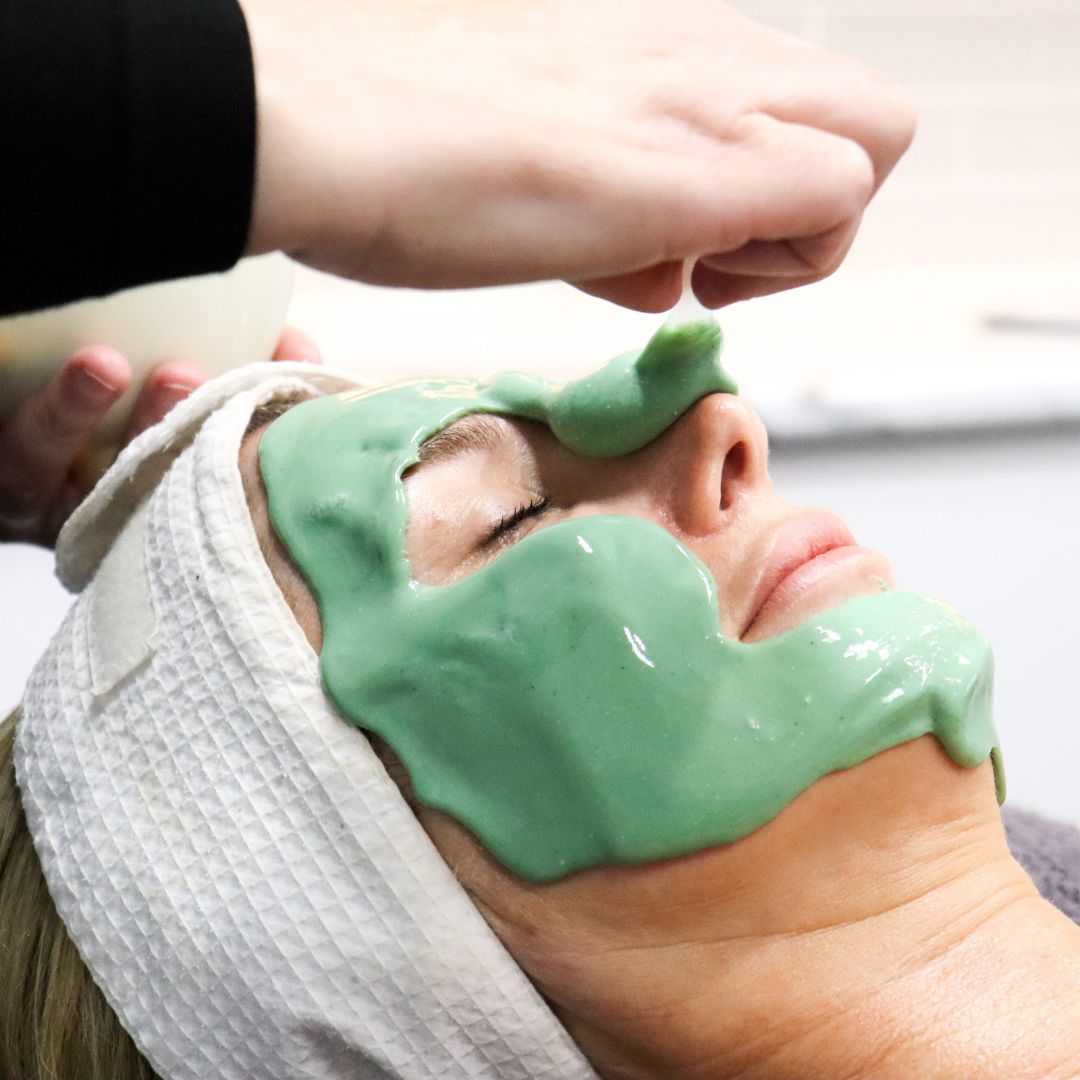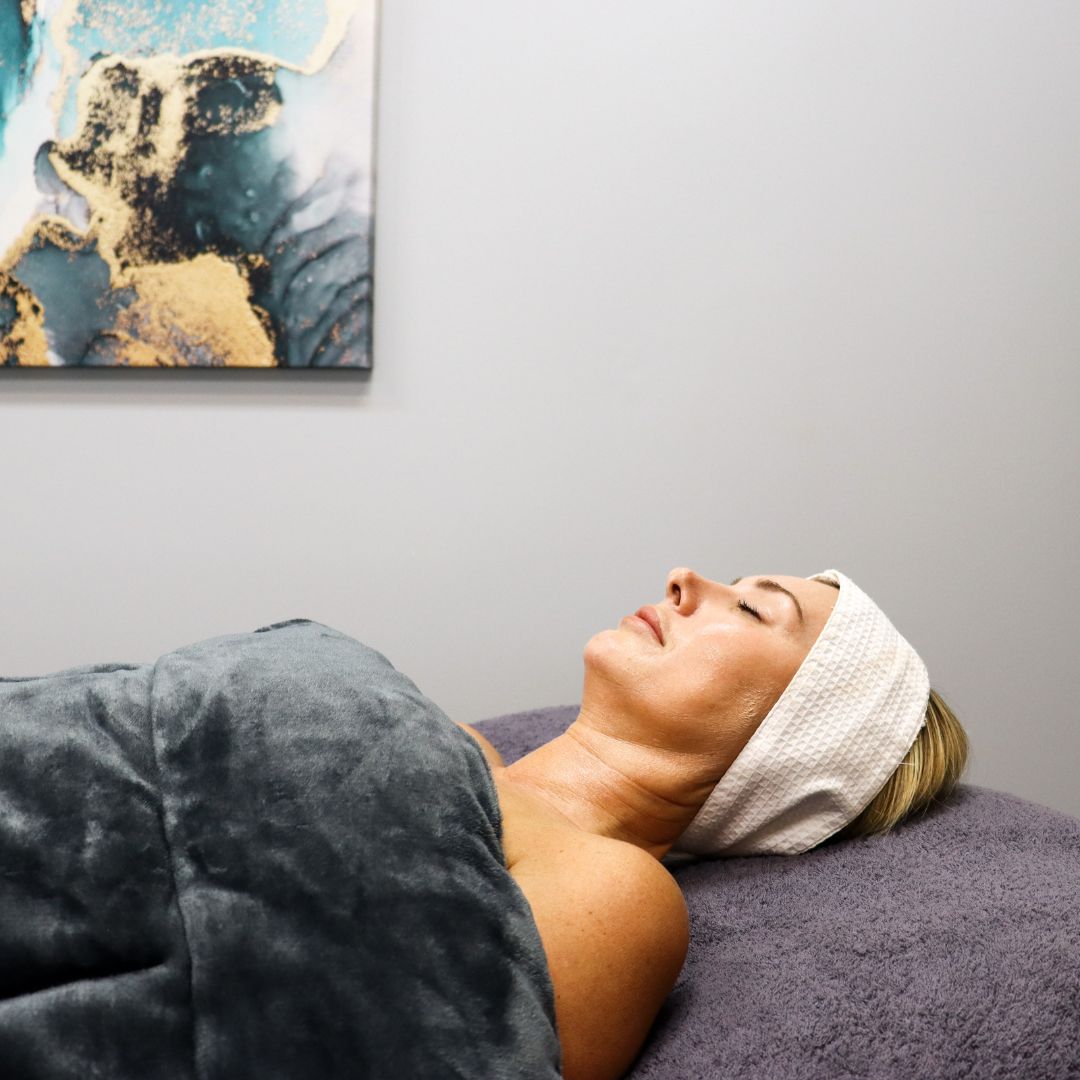Biologics
Specialising in problematic skin conditions.
Biologics.
Exciting advancements have been made in the treatment of eczema (atopic dermatitis) and psoriasis through the development of biologic medications. These breakthrough therapies have shown remarkable promise in addressing the symptoms of these chronic skin conditions.
For psoriasis, biologics have demonstrated exceptional effectiveness, often leading to significant improvement and even complete skin clearance in cases of moderate to severe psoriasis. These medications target specific components of the immune system, such as tumour necrosis factor-alpha (TNF-alpha) or interleukins (IL-17, IL-23), which play key roles in the inflammatory processes underlying psoriasis.
In the case of eczema, while research is ongoing, the introduction of the biologic drug dupilumab has been a notable development. This medication has shown positive results in reducing the symptoms of atopic dermatitis, particularly in moderate to severe cases where other treatments have proven ineffective. Dupilumab works by inhibiting specific interleukins (IL-4, IL-13) involved in the inflammatory response in eczema.
These breakthroughs are significant because they offer new hope for individuals living with these skin conditions, particularly those who have not responded well to traditional treatments or who experience side effects from other therapies. I am personally one of the individuals receiving biologic treatment for chronic plaque psoriasis. For the very first time, my skin is free from symptoms, and the memory of enduring painful, inflamed, and itchy skin feels like a distant past.
Biologics represent a more targeted approach to managing these autoimmune skin conditions, offering the potential for improved quality of life and symptom relief.
Treatment And Prevention.
It’s important to note that the use of biologic medications is typically reserved for cases where conventional treatments have not been effective or are not well-tolerated. Decisions regarding treatment should be made in consultation with a dermatologist or healthcare provider who can assess the specific condition and recommend the most suitable approach, including consideration of biologic therapy. Ongoing monitoring and follow-up are essential to evaluate treatment effectiveness and manage any potential side effects.






